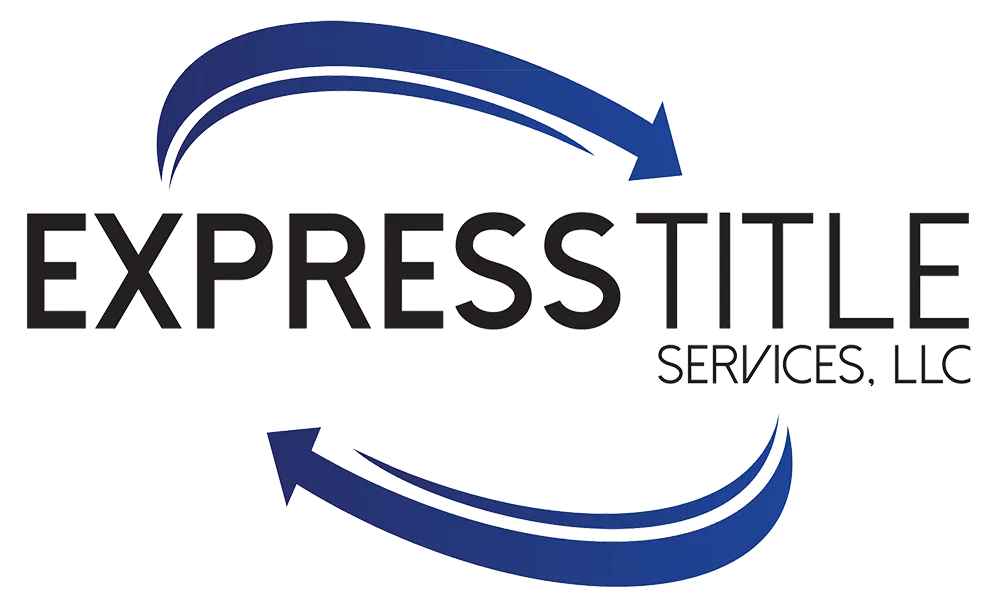There are many factors to consider when buying a home. When it comes to the closing process, it is a good idea to know the terminology that will be discussed. This can help make the situation much more comfortable and professional for all parties involved. Below are some terms that may be discussed during the closing process.
1. Annual Percentage Rate (APR)
This term reflects the cost of all credit and finances as determined by the length of a year, including the interest rate, points, broker fees, and other credit charges obligated to the buyer.
2. Closing Costs
Closing costs may also be referred to as transaction costs or settlement costs and may include various fees and charges associated with purchasing a home. These may include or be related to application fees, title examination, title insurance, property fees, as well as settlement documents and attorney charges. The Loan Estimate (LE) provide disclosures that will be helpful to consumers in understanding the key features, costs and risks of the mortgage loan for which they are applying.
3. Down Payment
Like many transactions involving large sums of money, the mortgage process involves a down payment – the amount a homebuyer pays in order to make up the difference between the purchase price and the mortgage amount. Some experts advise no less than 10-15% of the purchase price. An amount over 20% is often recommended to avoid having to pay for private mortgage insurance.
4. Three Day Closure
The TILA-RESPA Rule, which went into effect October 2015, requires the creditor to deliver or place in the mail the Loan Estimate (LE) to the consumer no later than three business days after application and must deliver or place in the mail the Closing Disclosure (CD) to the consumer at least three business days prior to closing/consummation.
5. Private Mortgage Insurance (PMI)
PMI is typically required if a borrower makes a down payment less than 20 percent of the home’s value. The charge is usually included in the monthly mortgage payment and provides protection for the lender in the event of a default.






